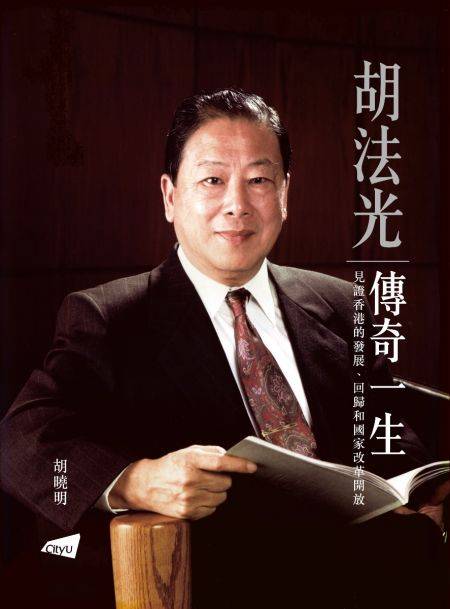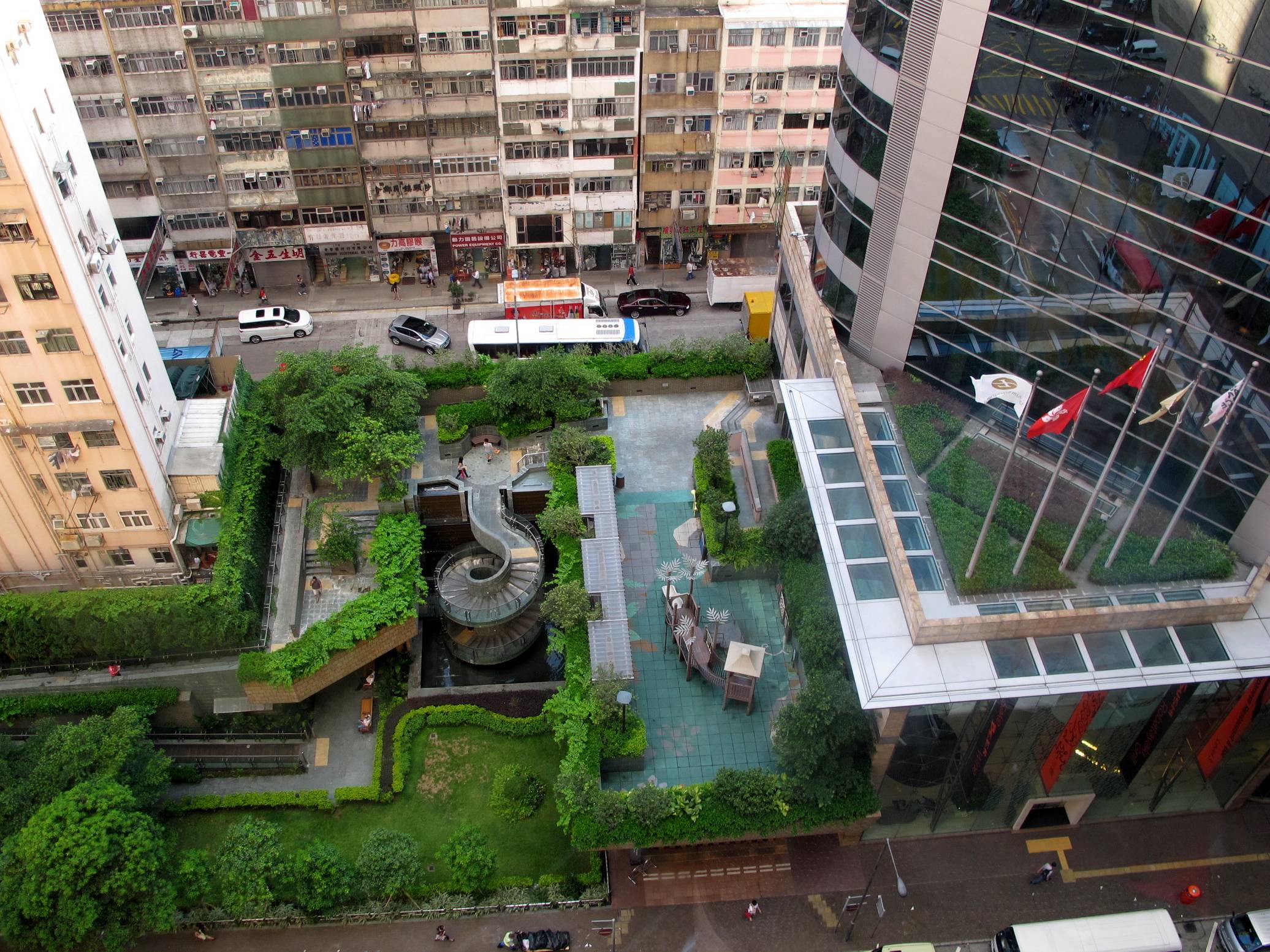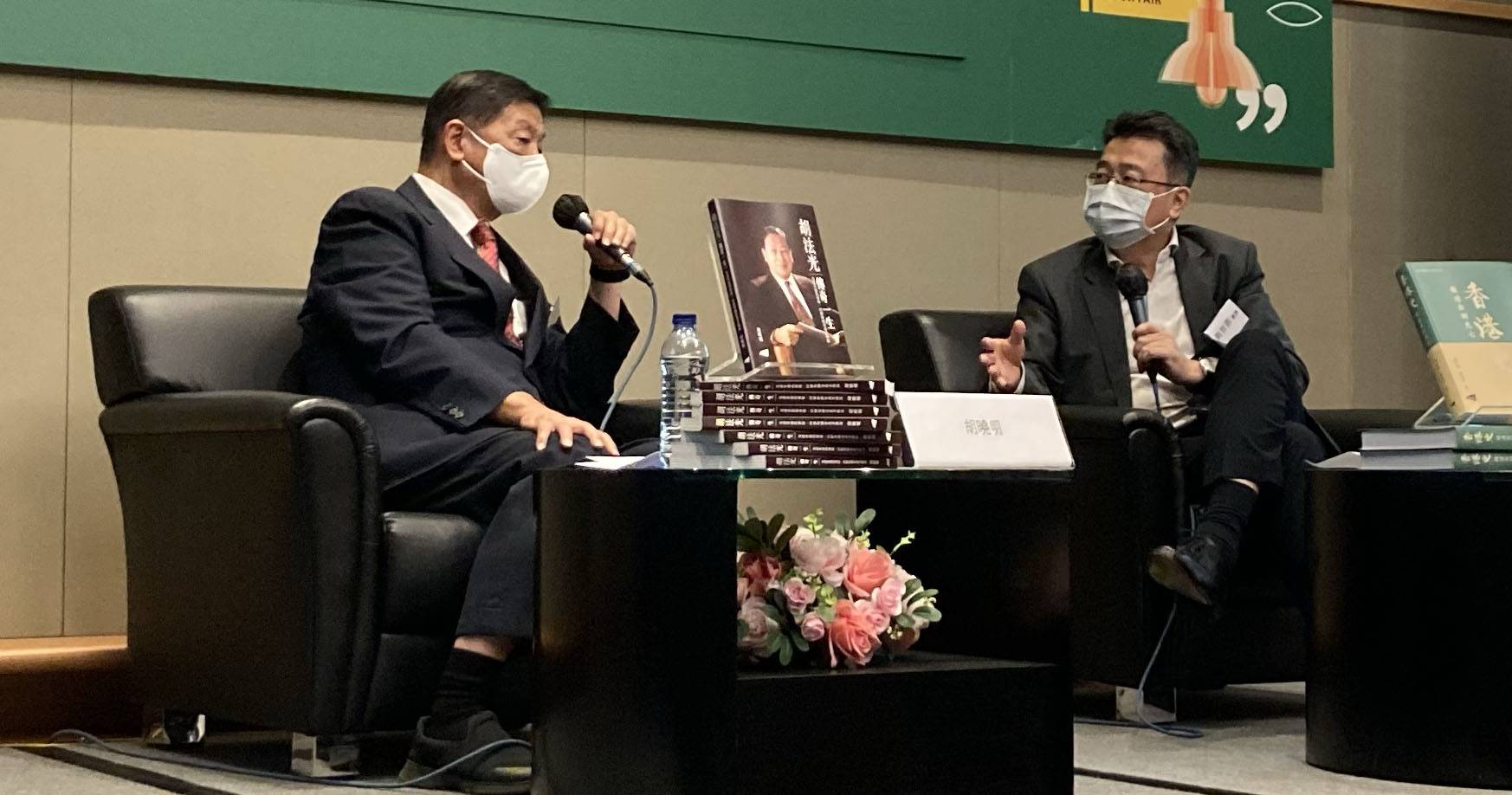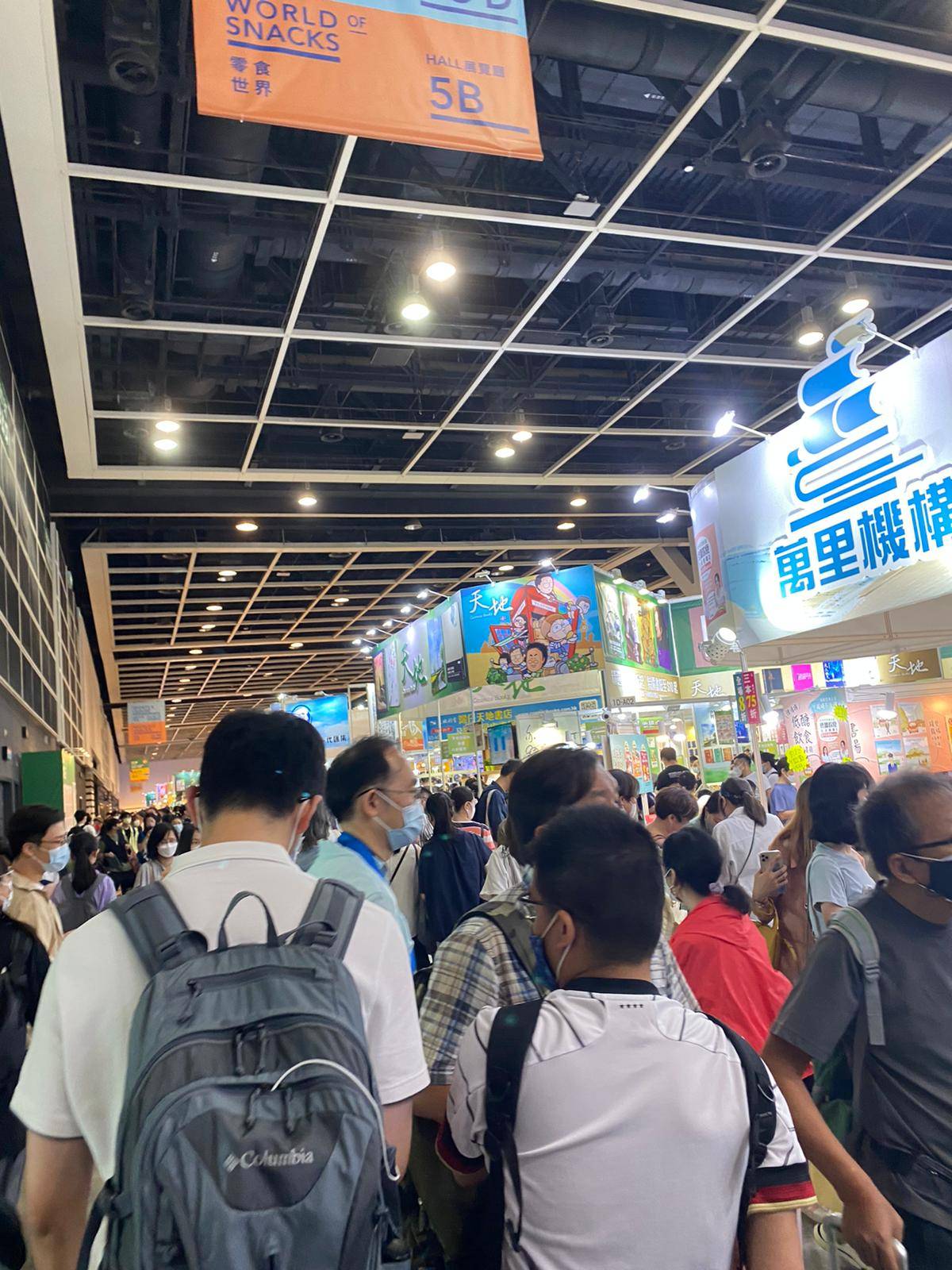SOMETHING HAD TO BE DONE. Large areas of crumbling old buildings in Kowloon needed to be knocked down and replaced, everyone agreed. This was in the late 1980s, and the Hong Kong government, run by the British, said they would inject HK$100 million into a group called the Land Development Corporation. Problem solved?
No, not at all. The chairman of the Land Development Corporation at the time was Hu Fa-kuang, a talented entrepreneur known for relationship-building skills—and a visionary ability to know what could be achieved in Hong Kong.

He realized that the government officers had little idea of what was needed or what could be achieved. A sum of HK$100 million was nowhere near enough to purchase land and fund construction.
Mr. Hu decided to start conversations with developers. Hong Kong people had a talent for business, and this was a problem the community could solve by working together.
In just three months, he had raised a staggering HK$1.5 billion for redevelopment projects without government funding. And just two months after that, nine redevelopment projects were underway. These included buildings that have become landmarks for the area, including K11 in Tsim Sha Tsui and Langham Place in Mong Kok.
Today, many areas of Kowloon are as fresh, modern and bright, as anywhere on Hong Kong Island.

The story above was one of a string of fascinating tales about the celebrated Hong Kong entrepreneur shared at a session at the city’s massive international book fair this week. The stories emerged from an on-stage interview featuring Dr Herman Hu, son of the legendary businessman. Dr Hu has written a book, The Father I Know, about the late Hu Fa-kuang, who died recently at the age of 98.

Other highlights:
SPORTS AND PELÉ
Sports was a passion of his, so Mr. Hu served as Chairman of Council for Recreation & Sport (1985-1989), greatly increasing the co-ordination provided by the government and the opportunities available for ordinary Hong Kong people to get involved in a wide variety of sports, Dr. Hu said. The entrepreneur also knew how to get attention – in 1970, he arranged for the most talked-about sportsman of the time to visit Hong Kong. The man was a Brazilian footballer called Edson Arantes do Nascimento, but known to everyone by his nickname Pelé.

This was after Hu Fa-kuang shifted his focus from entrepreneurialism to public service in the 1970s and 1980s, seeing a need to improve facilities in Hong Kong, particularly in the areas of housing, sports, arts and other social aspects. To make this happen, he served as a District Councillor, Urban Councillor and Legislative Councillor.
LET THE MUSIC PLAY
There was also a real need to boost the arts scene in Hong Kong, Mr. Hu believed. He used his position in government to enable the formation of the Hong Kong Philharmonic Orchestra, among many arts-related projects, involving music, drama, opera and theatre. Herman Hu recalled how on trips to Singapore, Malaysia and South Korea, he would help his father by approaching arts and cultural groups to invite them to Hong Kong.
The man who changed the face of Hong Kong
Read the full story of “elevator king” Hu Fa-kuang
A ROOF OVER YOUR HEAD
Housing the people has always been a huge issue in Hong Kong, and one which was Hu Fa-kuang’s focus for many years. He served as member of Housing Authority for 18 years, between 1976 and 1994: it was rare for anyone to serve in a public body for such a long time. Bring public and private resources together was the way to achieve real change, he believed. To this end, he fostered the development of the Private Sector Participation Scheme, so the housing needs of the people could be met more quickly and efficiently.

BRIDGING THE GAP
An audience member asked Herman Hu how he had managed to retain his loyalty to China, having spent so much time in the west, which was at times quite hostile to his home country.
Herman Hu replied that he was always happy to come back to Hong Kong, which he considers home: “Nowadays, on social media—especially on things like TikTok—you will find that people don’t realise how great home is, until they have experienced living in the west.”
The on-stage discussion was moderated by Professor LAU Chi-Pang, Associate Vice President and Professor of History at the Lingnan University and a Legislative Councillor.
One memorable moment came when Dr Hu was asked how Hu Fa-kuang managed to consistently retain positive relations with the Chinese and the British. Herman Hu had a simple reply: “He listened.”
***
Dr Hu’s book is available at this link.
